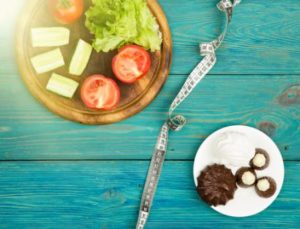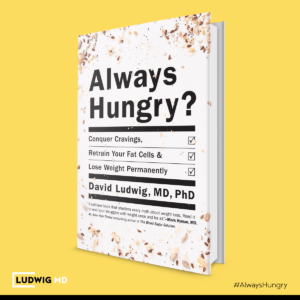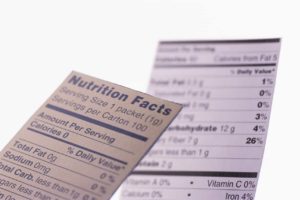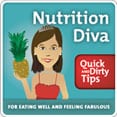The number of overweight and obese Americans has climbed steadily in recent decades, from 53% of adults in 1988 to 65% in 2014. At the same time, fewer overweight Americans are trying to lose weight--just 47%, down from 55% back in 1988.
The authors of the study, which was published in JAMA this month, wondered whether we've simply made our peace with being fat.
"As more people around us are getting heavier, we simply believe we are fine, and no need to do anything with it," lead author Liang Zhang told the AP News Service.
That may be part of it.






